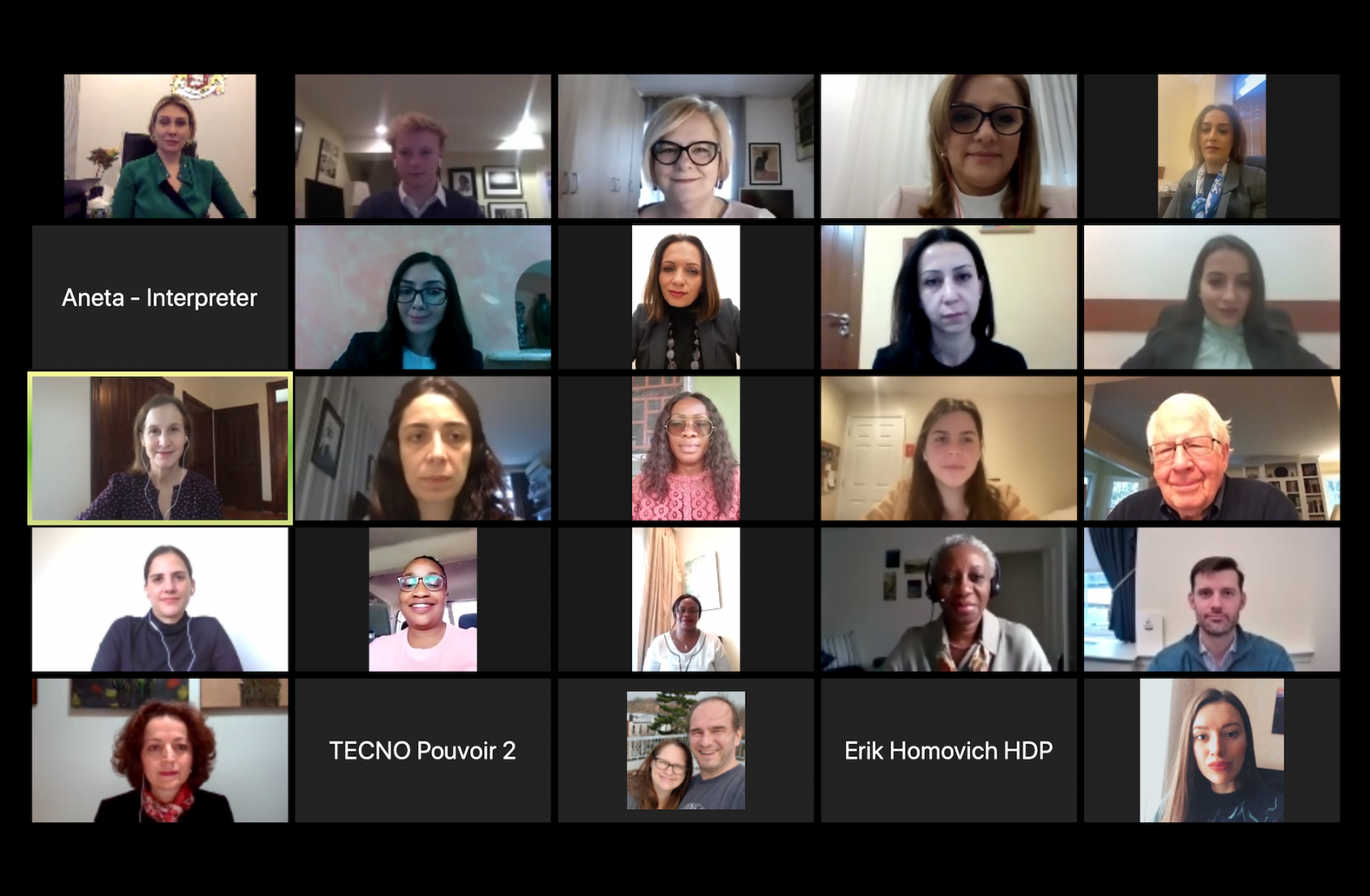
SHARE
Legislatures are the representative body of a nation’s people. To be effective, they must incorporate and represent all citizens, including equal representation of women. Ensuring gender balance in parliament reflects an important commitment to women’s human rights and responsive policymaking.
The majority of parliaments around the world are still dominated by men: women account for just 25 percent of parliamentarians worldwide. Women running for office must overcome numerous obstacles just to get their name on the ballot. If elected, they frequently face discrimination and violence; and difficulty gaining leadership positions, securing speaking time and leveraging allies. Taken together, these obstacles impact the effectiveness of women MPs and their ability to advance legislation that addresses the needs of both women and men. At the same time, addressing these systemic obstacles should not fall solely on women’s shoulders. It is equally the responsibility of male legislators to support gender mainstreaming in policy-making, as well as in the way legislatures are run and structured.
Recognizing the importance of this issue, National Democratic Institute (NDI) held a three-part House Democracy Partnership (HDP) virtual series in February 2021 on Empowering, Enhancing, and Mainstreaming Women’s Inclusion in Parliament. HDP is a bipartisan commission of the U.S. House of Representatives that works to connect legislative peers across the globe. It is funded by USAID and implemented in partnership between NDI and the International Republican Institute. This exchange brought 27 women MPs together from the U.S., Armenia, Georgia, Kenya, Liberia, North Macedonia, The Gambia and Ukraine. This global exchange provided the opportunity for women legislators to share their experiences as women in politics; and to engage in dialogue on methods to enhance gender mainstreaming in their own legislatures and in public institutions across the world. They also confirmed the critical role of male political leaders in strengthening gender equality at all levels of legislative business and operations.
Several key themes emerged, including the importance of working across party lines through women’s caucuses, or commissions and councils, which can advocate for gender-sensitive policies, as a way to build informed policy outcomes. For example, U.S. congressional panelists recognized the work of the House Congressional Caucus for Women’s Issues on leading major reforms in areas such as violence against women and women’s health.
Conversations also focused on the disproportionate impact of COVID-19 on women and girls. An MP from Kenya discussed the ways in which the National Assembly’s Kenya Women Parliamentary Association (KEWOPA) has fought to advance health resources for women, specifically through subsidies for those who lost their jobs due to the pandemic.
Many legislators also brought up the benefit of gender-responsive budgeting. This approach to budgeting is essential to reducing resource inequalities and incorporating gender analysis into government budget development and implementation. Participants heard from international gender-budgeting experts about the importance of a gender-responsive budget, as well as how women MPs can encourage gender-sensitive budgeting practices across all policy decisions and analyses.
In sharing their personal experiences as women political leaders, participants highlighted a series of challenges, including sexist hate speech, discriminatory personnel policies and inequitable staffing and financial resources -- all of which have a disproportionate impact on the effectiveness of women MPs. One solution is clearly that men can do more. However, many participants shared that their male MP colleagues feel threatened by increased women’s engagement, viewing politics as a zero-sum game to attain and maintain power. To address this, recommendations were raised to directly engage male leaders on issues related to gender equality, as opposed to leaving women alone to shoulder this work.
Despite challenges, progress is being made. MPs from Ukraine discussed the introduction of voluntary quotas in their parliament. MPs from North Macedonia also highlighted the work that has been done to conduct gender analyses of the parliament’s rulebook, as well as the implementation of gender sensitivity training for MPs and staff alike.
This exchange provided a critical forum for women leaders to share experiences and build ideas for advancing gender parity in their national legislatures. Through peer-to-peer engagement, HDP seeks to expand opportunities for women and men to advance gender equality in legislatures globally. Due to the broad interest by HDP partner countries in this topic, NDI will organize a second HDP exchange with MPs from Afghanistan, Iraq, Lebanon, Nepal and Tunisia. NDI will also continue to engage women MPs and their male counterparts to develop gender-balanced solutions together.


